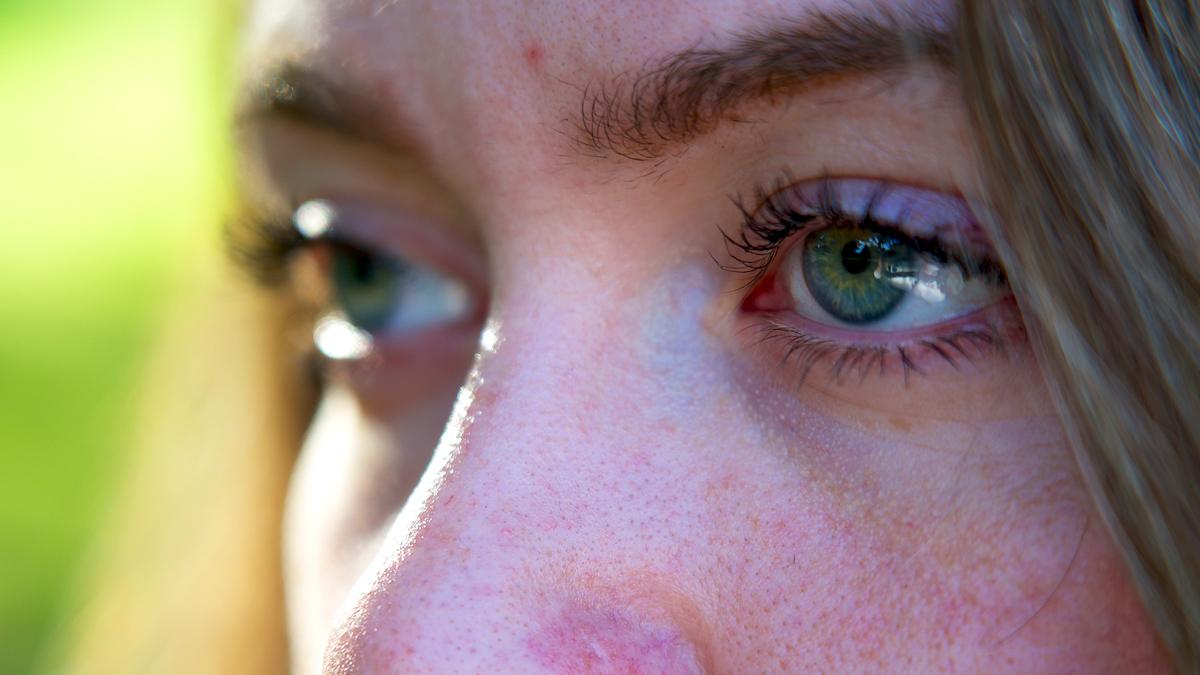Children in Sussex and Surrey housed illegally amid care shortage
- Published
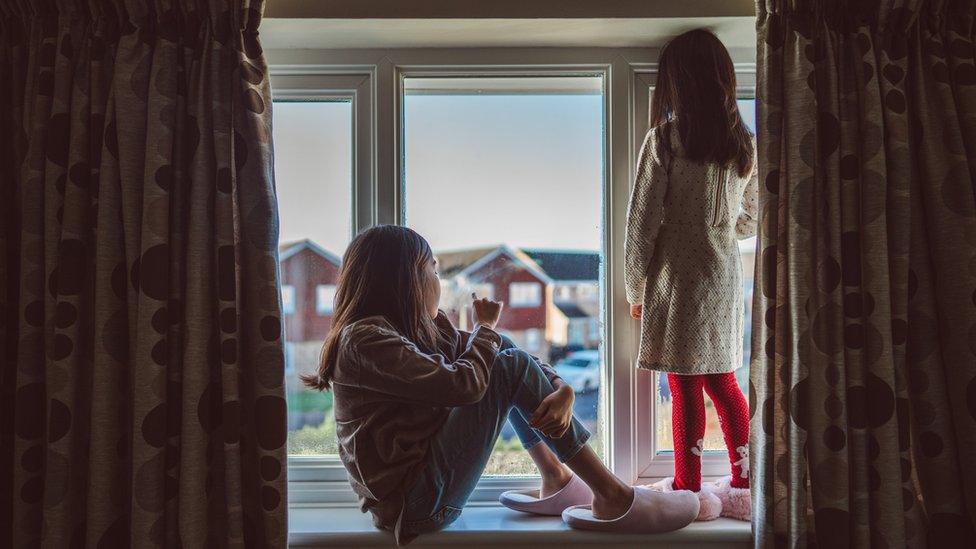
Surrey, East and West Sussex and Brighton and Hove councils are among 50 local authorities continuing to use unregulated accommodation
Children in care in Surrey and Sussex are being housed in illegal homes amid a severe shortage of placements, a BBC investigation has found.
From March 2022 to 2023, 49 children aged under 16 were put in housing not approved by Ofsted and banned by the government in 2021, data shows.
Freedom of information requests have also revealed councils used unregulated accommodation on 81 occasions.
The councils said they used the accommodation as a "last resort".
Katharine Sacks-Jones, chief executive of Become, a charity for children in care, said: "It is accommodation that is not appropriate for children and particularly for children who have been through significant trauma."
She added that it was "a sign of a care system in crisis".
The Department for Education (DfE), which has overall responsibility for looked after children in England, said it was "investing more than £259m over the next three years to increase the places available locally".
Freedom of information requests revealed Brighton & Hove City County (BHCC), East Sussex County Council (ESCC), West Sussex County Council (WSCC) and Surrey County Council (SCC) used unregulated accommodation for children on a total of 81 occasions, amounting to 4,709 days between March 2022 and March 2023.
A BBC investigation last year found unregulated accommodation across England can include barges, tents and caravans.
However, the level of quality of accommodation being provided by councils in south-east England was not included in the data from the FOI requests, and a WSCC spokesperson said its providers met "strict standards of care".
Unregulated accommodation in West Sussex consisted of "council properties, private rental or hotel accommodation with 24 hour care staff", the spokesperson said.
While all councils are actively recruiting foster carers, Surrey has the seventh highest demand in the UK, with 120 carers needed, according to the National Fostering Group.
SCC said by 2027, it would have up to 18 children's homes and 60 placements overall.
"This year alone, we are opening two new children's homes, which will provide eight additional beds for young people in an accessible and homely setting, as well as supporting rapid emergency placements," the council said.
'A challenge'
SCC said using unregulated accommodation cost it £21,000 a week.
BHCC said unregulated accommodation cost £2.256m over the year, while ESCC spent £115,163.
For WSCC the total expenditure was £1.96m.
The councils emphasised that a shortage of care placements was a national problem and "a challenge faced by many local authorities".
The DfE said its recently published children's care strategy would "strengthen multi-agency support" and local authorities were responsible for providing safe, appropriate homes.
Unregulated accommodation was only used when other placements could not be found and children were moved into suitable alternative accommodation as soon as possible, councils said.
Ofsted was notified on the placements, the councils added, and all unregulated placements were kept under review by children's services.
The councils said they kept in close contact with key partners.
SCC said it provided "increased monitoring" for unregulated accommodation and worked with providers to help them become registered.
Naz, a foster carer in Brighton and Hove, said the children she looked after would often hide food as they thought "just because you fed them last night doesn't mean you're going to feed them again tonight".
She said: "[Children] may not know where they're sleeping one day to the next. They may not know if they're going to get a meal that evening.
"They may not have had a bath that week, so just by providing them these basic things is giving them stability."

Follow BBC South East on Facebook, external, on X, external, and on Instagram, external. Send your story ideas to southeasttoday@bbc.co.uk, external.
- Published7 July 2023
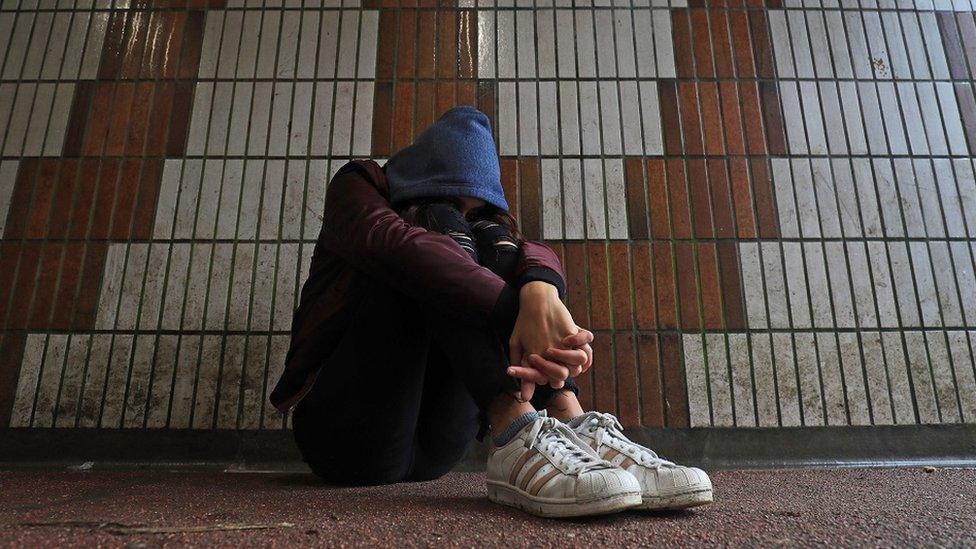
- Published12 February 2020
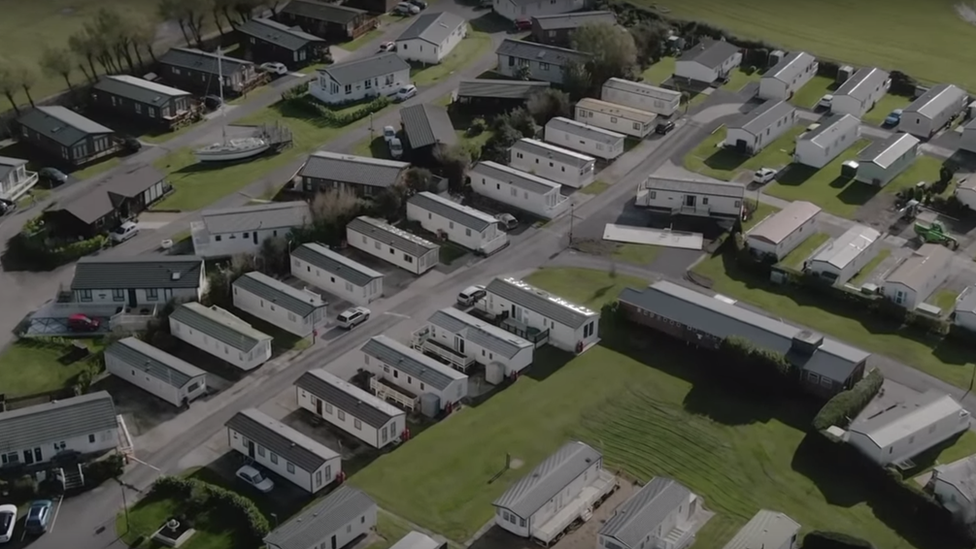
- Published18 September 2019
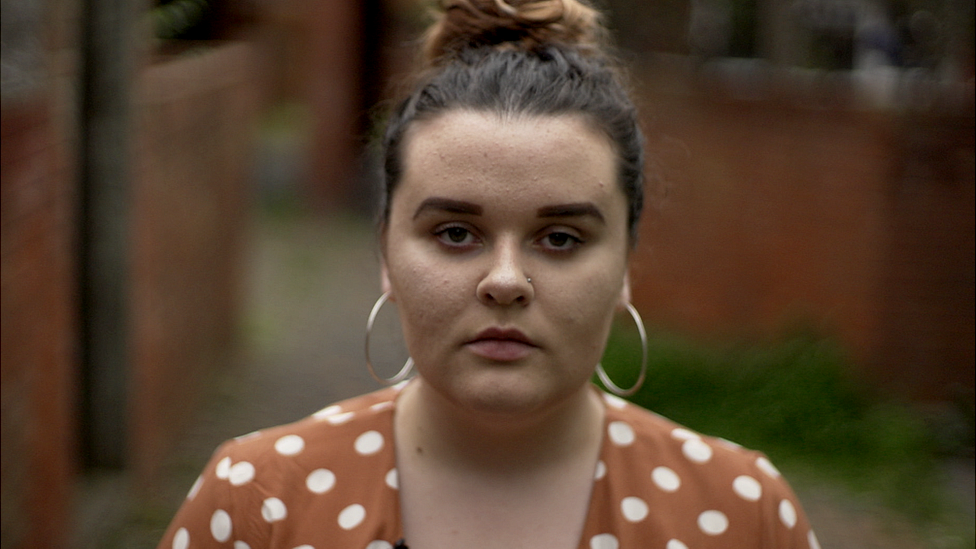
- Published19 September 2019
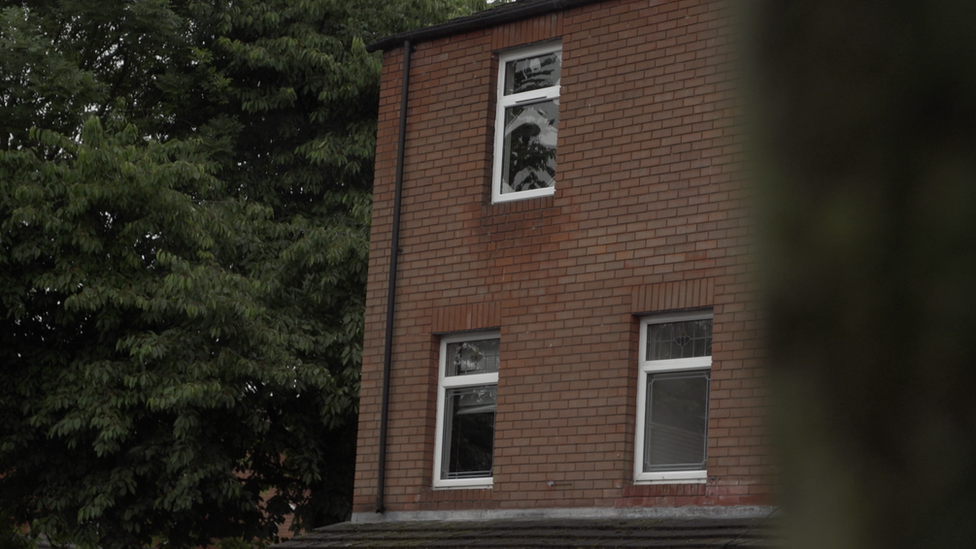
- Published9 June 2022
